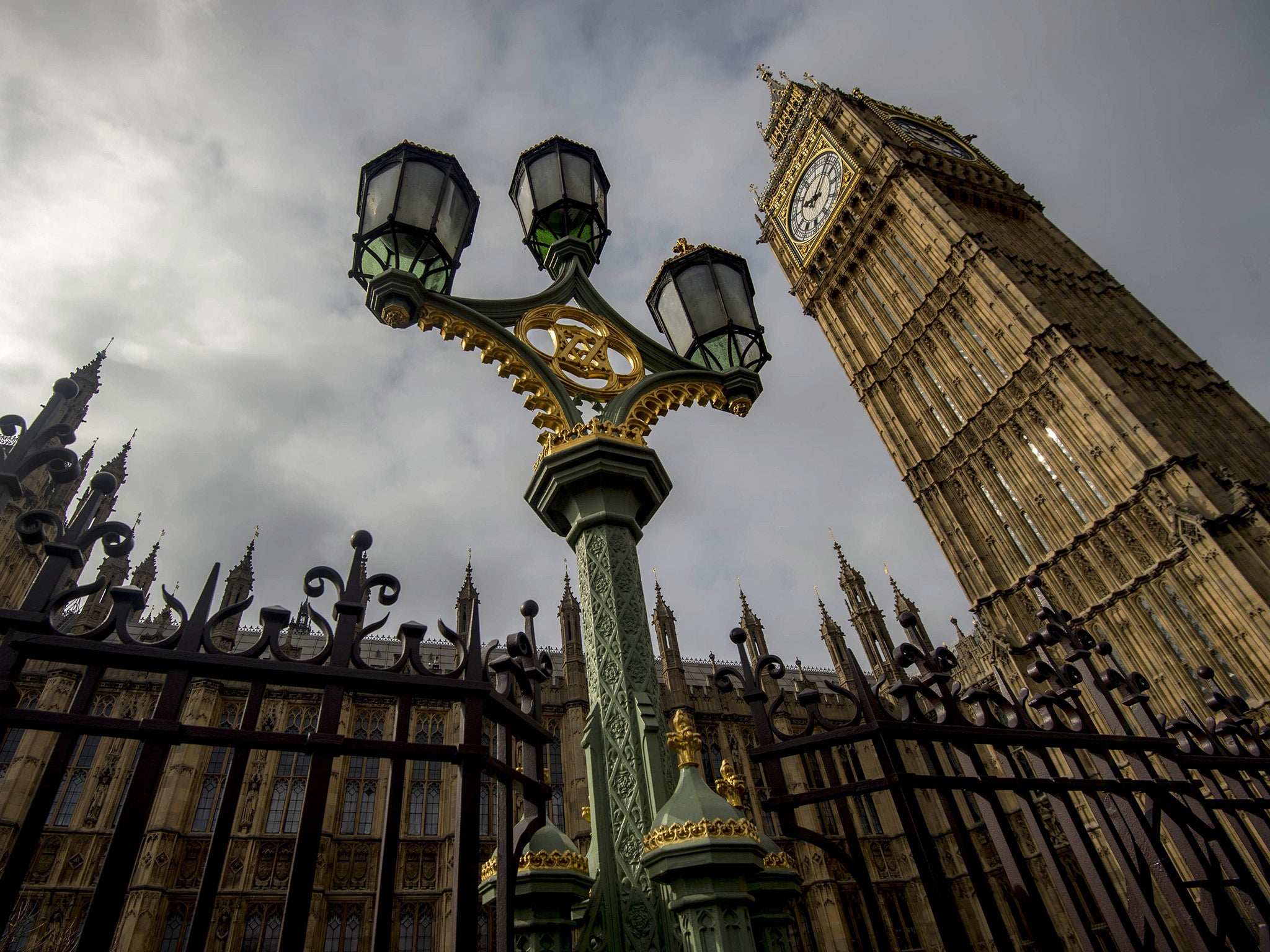Government to 'press head with slashing state funding for opposition parties'
Cost cuts of around a fifth of current levels have been laid out

The Government is set to signal that it intends to press ahead with plans to reduce the “cost of politics” by slashing state funding for opposition parties, according to details contained in a Cabinet Office document.
Although a funding reduction on “short money allocations” – which provides tax payers’ cash for the activities of opposition parties - had been trailed at 19 per cent of its current level, hopes of rethink by the Government appear to have vanished. Cost cuts of around a fifth of current levels are laid out.
The document’s details shown to The Independent, makes the case for making opposition parties face the same cuts levels currently being enforced at local and central Government levels. It calls for a cut in short money to take it back to 2014 levels, worth around £11 million over the current parliament.
On the Cabinet Office’s own calculations, this would see state funds given to Jeremy Corbyn’s Labour Party fall by around £1.5 million.
When details are fully published on 19 February, Labour are expected to accuse the Government of gross hypocrisy. Despite promises by David Cameron that his new Government would reduce the costs of its own army of advisers, the cost of so-called “spads” – special advisers – rose by over £1m in the last 12 months to £8.4 million. The number of Government spads is currently 103, and expected to rise further between now and the summer.
There will also be anger that the Cabinet Office have chosen to release the document during the parliamentary recess, a period when the majority of MPs are away from Westminster.
The Independent has also learned the during negotiations with Labour, the Cabinet Office, according to Whitehall sources, tried to “cut a deal” with Labour that would have seen “short money” matched to the number of MPs rather the current system which reflects an allocation formula based on overall votes cast.
The deal would have, according to one official, “wreaked havoc among Liberal Democrats and UKIP” who both ended up with a low number of MPs at the general election, despite receiving high levels of votes.
One source said “They tried to shaft the LibDems, but among Labour ranks there were no takers for such a deal.”
There is also understood to be disquiet in some Tory ranks, who believe the Government are unfairly trying to take advantage of their current strength, believing any chance of a return to opposition is so remote as to be negligible.
Short money was named after the former Labour MPs, Ted Short, who belived opposition parties were entitled to state assistance to help create a “level playing field.”
The Cabinet Office will give MPs till March 7 to respond to the plans.
Join our commenting forum
Join thought-provoking conversations, follow other Independent readers and see their replies
Comments
Bookmark popover
Removed from bookmarks